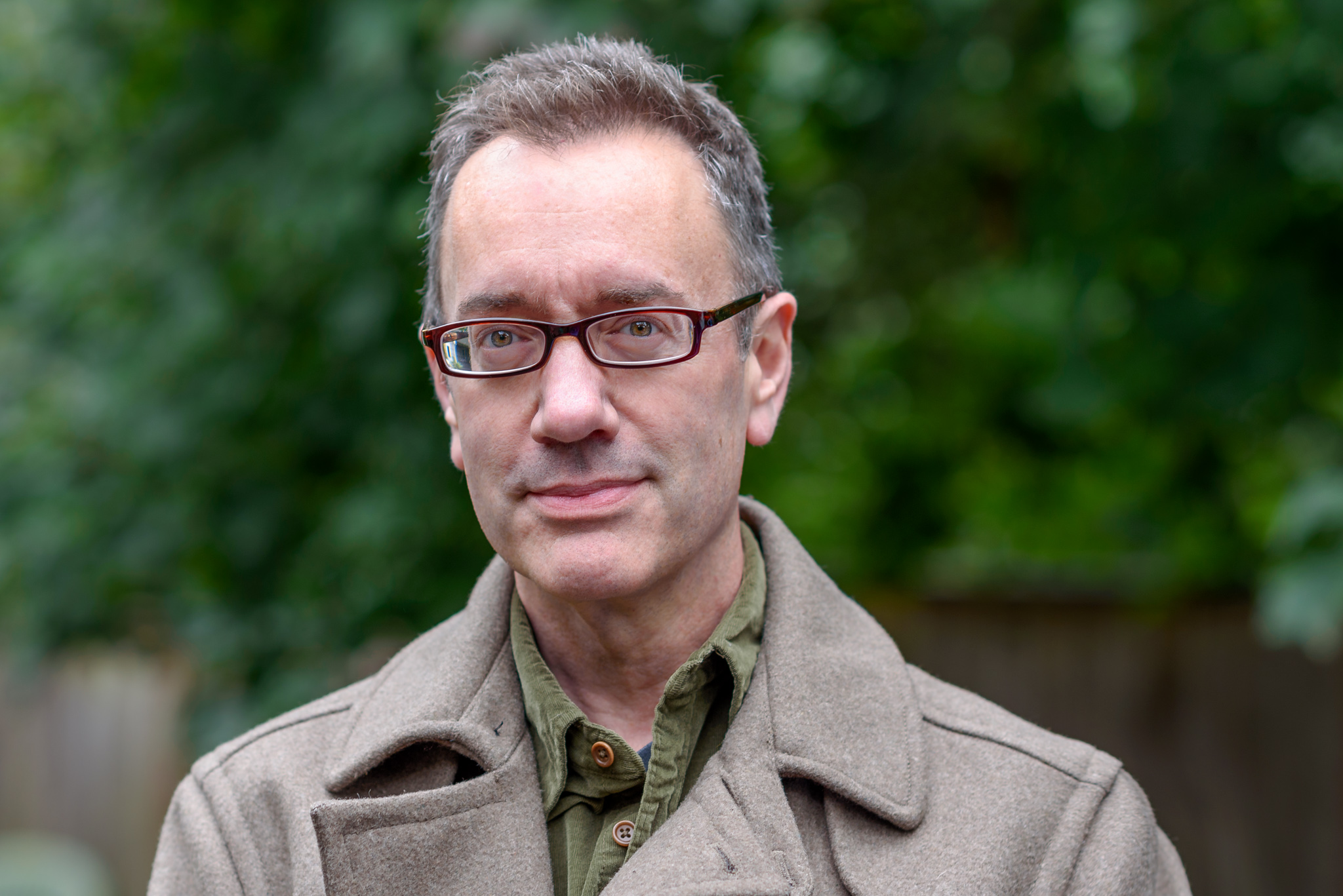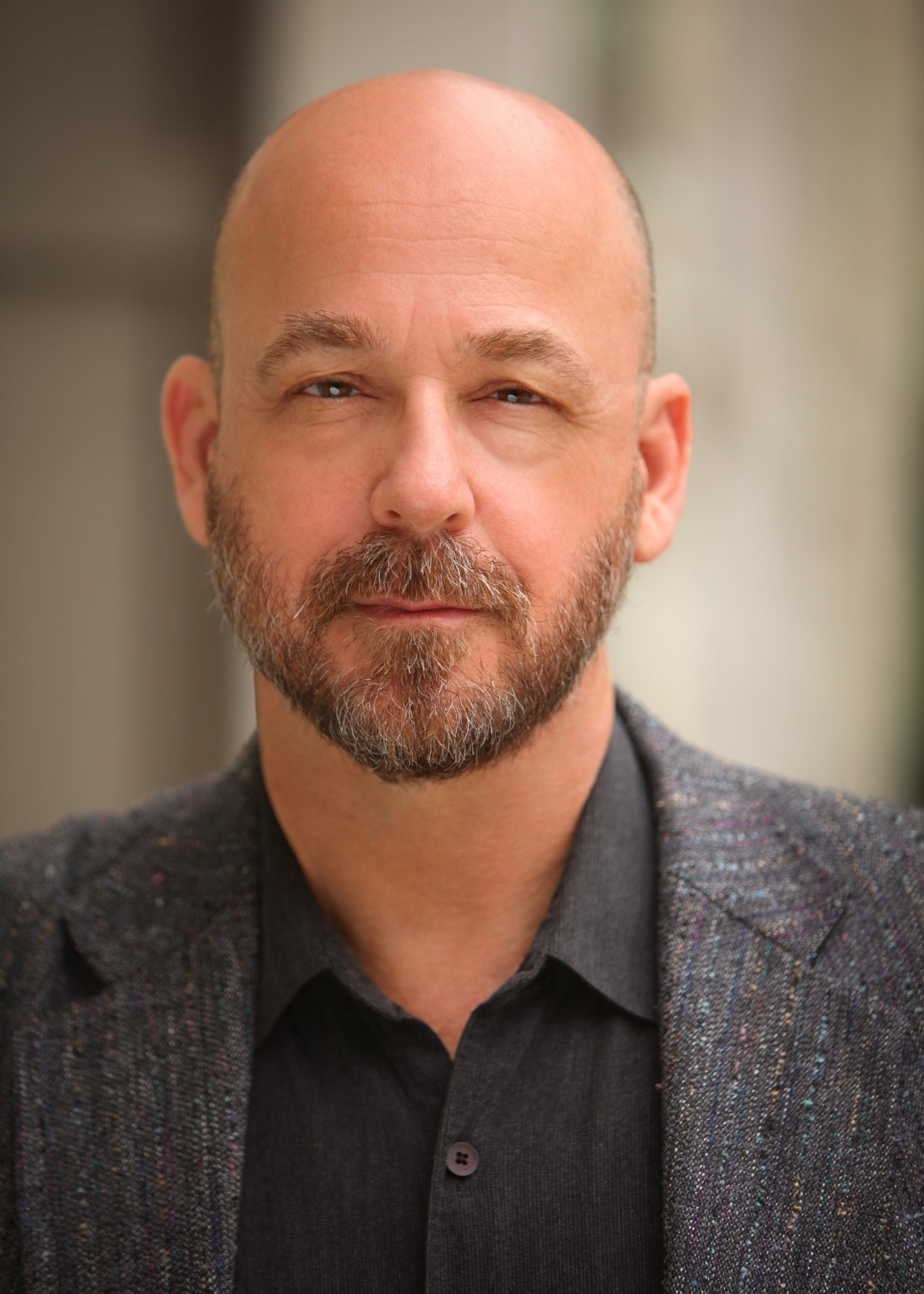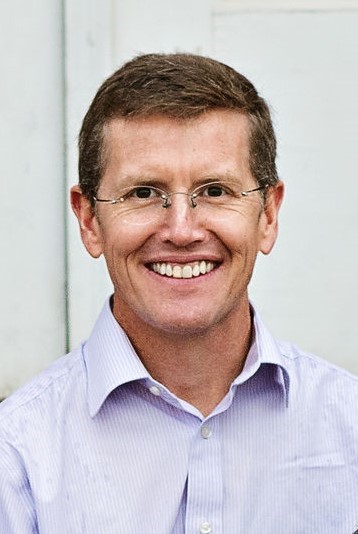Monday, December 14, 2020
3:00-4:15 PM Eastern Time
How did the pandemic compel creative new approaches by faculty teaching Asian Studies courses in 2020? In what ways did these experiences expose fissures in the discourse and framing of Asia-centric pedagogy in the U.S.? This panel addresses these questions in the shadow of global pandemic. The participants, each a contributor to the AAS Asia Shorts/Education About Asia collaborative volume, Teaching About Asia in a Time of Pandemic, explore a range of innovative pedagogical approaches developed in the earliest months of the COVID-19 shutdown. Panelists and contributors span diverse disciplines and range from seasoned online instructors to those forced suddenly into an online environment. Their papers reflect scaffolded approaches to online/offline teaching and learning that resonate with regional area studies alongside disciplinary approaches and priorities. Pedagogical interventions discussed include asynchronous student blogging and social media activism, somatics as radical pedagogy, interrogating impermanence and loss through Medieval Japanese exile narratives, and an effort to salvage a study abroad experience through student-to-student autoethnographic collaboration. Their regional foci include Southeast and South Asia, as well as East Asia. Panelists additionally discuss the ways the pandemic and their responses to it have led them to approach Asian Studies teaching through new lenses, exposing weaknesses in their earlier epistemological framings, and arming them with compelling new pedagogical toolkits.
Additional Resources
“Teaching About Asia in a Time of Pandemic”
“The Pandemic: Perspectives on Asia”
Session Participants

Gareth Barkin
GARETH BARKIN is Chair and Professor of Anthropology at the University of Puget Sound. He directs that university’s Luce Initiative on Southeast Asia and the Environment (LIASE) Southeast Asia Symposium, and leads ethnographic field-school programs in Indonesia. His current research explores short-term study abroad at U.S. universities, focusing on the representation of Southeast Asian culture and place in an increasingly market-driven pedagogical arena. His work has appeared in numerous edited volumes and journals, including Visual Anthropology Review, International Journal of Asian Studies, and Anthropology & Education Quarterly.

Adam Frank
ADAM FRANK is Professor of Anthropology and Performance Studies in the Norbert O. Schedler Honors College at the University of Central Arkansas. He is the author of Taijiquan and the Search for the Little Old Chinese Man: Understanding Identity through Martial Arts (Palgrave 2006), as well as numerous articles on Chinese martial arts, race, and identity. A forty-year practitioner of taijiquan (tai chi) and an actor, Frank is also Producing Artistic Director of Ozark Living Newspaper Theatre Company, based in Conway, Arkansas.

Nabaparna Ghosh
NABAPARNA GHOSH is an Assistant Professor of Global Studies at Babson College. She is the author of A Hygienic City-Nation: Space, Community, and Everyday Life in Colonial Calcutta (Cambridge University Press, 2020). At Babson College, she offers courses on global studies with a focus on South Asia.

David Kenley
DAVID KENLEY is Dean of the College of Arts and Sciences at Dakota State University. Formerly Professor of Chinese History at Elizabethtown College, he is committed to the concept of the scholar-teacher. His publications include Modern Chinese History (published in the AAS Key Issues in Asian Studies series), New Culture in a New World: The May Fourth Movement and the Chinese Diaspora, 1919–1932, and Contested Community: Identities, Spaces, and Hierarchies of the Chinese in the Cuban Republic (with Miriam Herrera Jerez and Mario Castillo Santana).

Susan Spencer
SUSAN SPENCER has taught the World Literature survey at the University of Central Oklahoma since 1996. She served as Director of Global Initiatives for UCO’s College of Liberal Arts from 2008-2020, a position that enabled her to receive feedback on global education from students both within and outside of her own Department of English. Although she is an experienced online instructor who completed the University of Wisconsin’s two-year Distance Education Professional Development Certification Program in 2004 and has taught many web-based courses from the freshman to the graduate level, the World Literature I class had never been a course she had felt would translate well to a virtual environment. In her contribution to this volume, she describes the pedagogical decisions she made when COVID-19 forced a sudden switch to online delivery in the middle of a semester that was already in progress.

